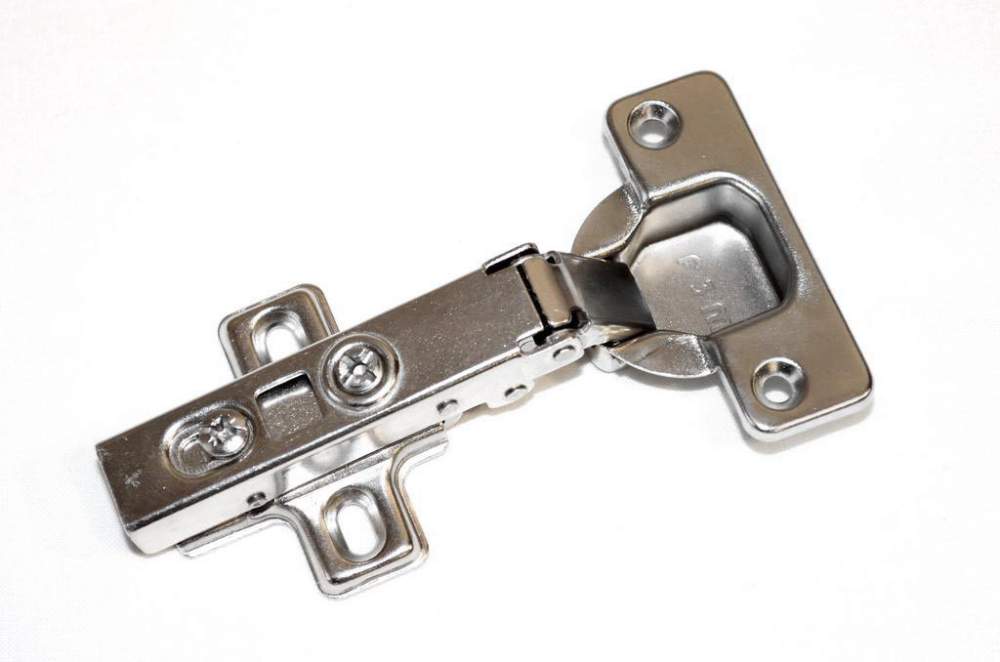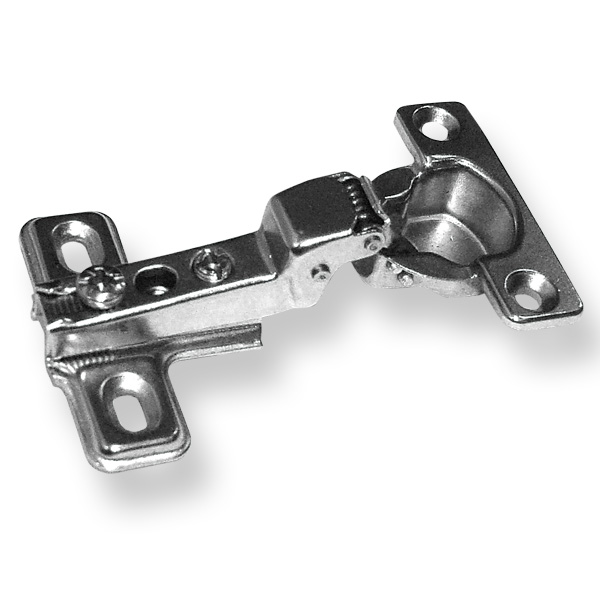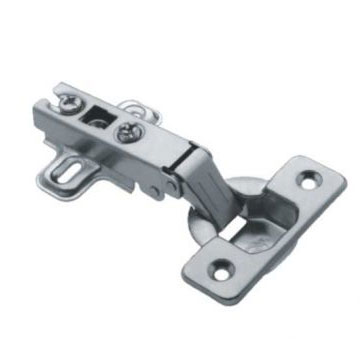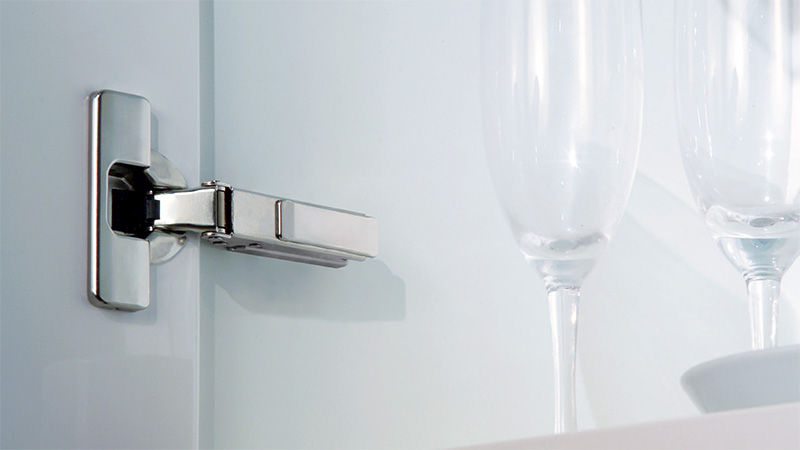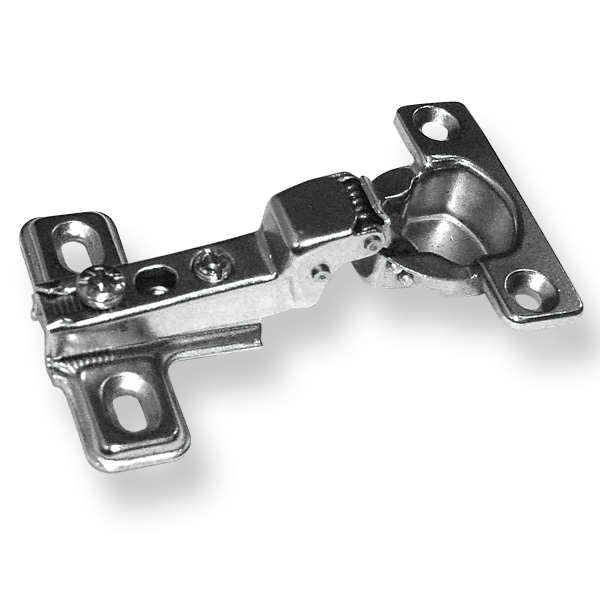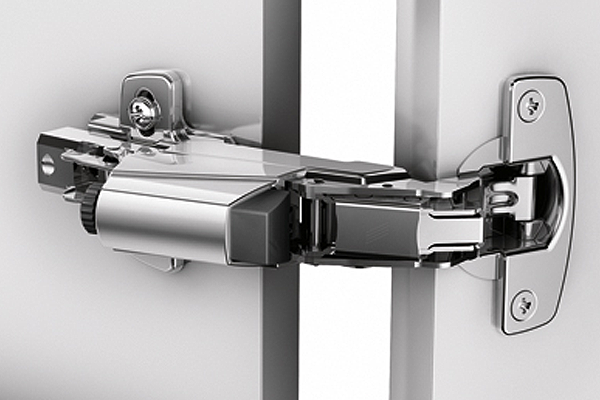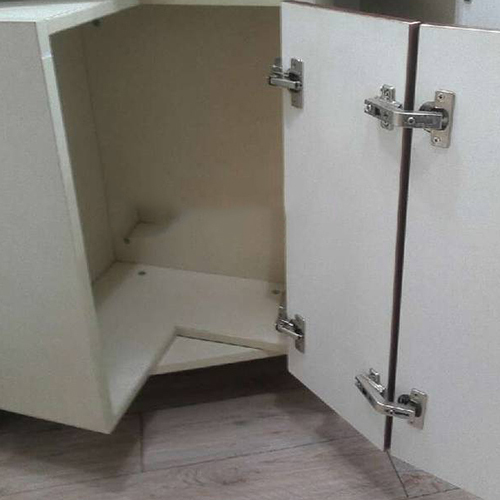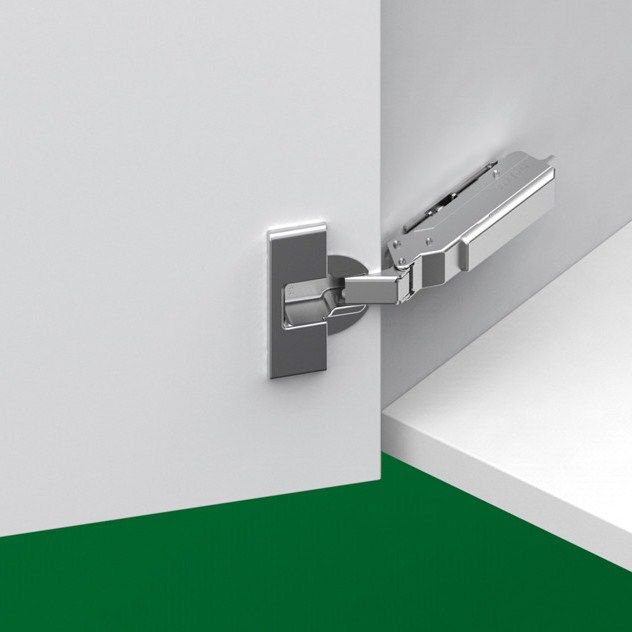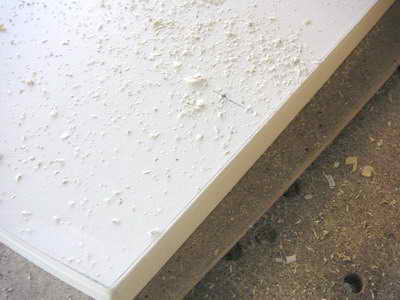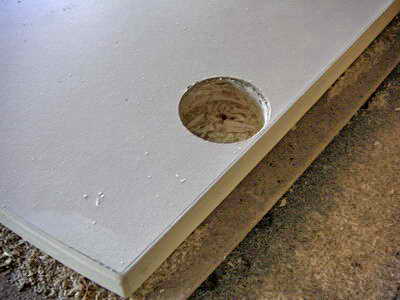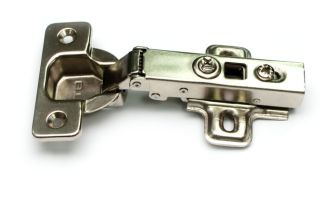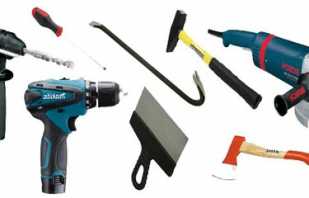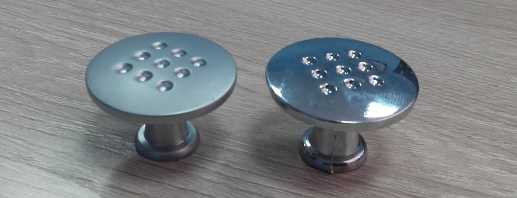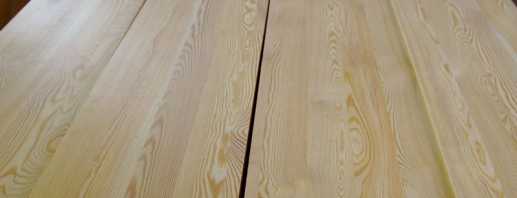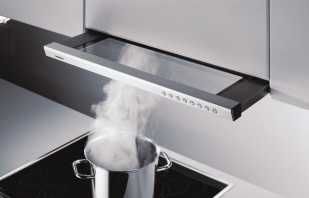What are the overhead furniture hinges, and important features
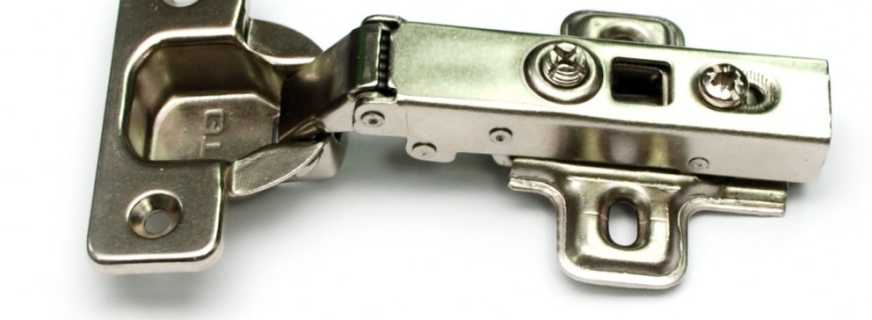
So that the cabinet doors always open and close smoothly, special fasteners are used - hinges. Details are represented by a wide variety of options, each of which performs a specific function. One of the common options is a furniture overlay hinge which is attached to the facade at a certain angle. We offer a closer look at the intricacies of using this part.
Functions and Features
The patch-type hinge is fixed to the furniture board due to its location on the wood surface. If we consider the mortise hinges, then holes are specially drilled for them, the patch loop is installed without a tie.
The design of this device consists of the following parts:
- hinge, which is mounted on the door;
- mounting plate mounted on the furniture side panel.
The patch loop is one of the varieties of four-hinged devices for connecting furniture structures. In addition to it, a similar configuration is also used - a half-laid loop.
The differences between them are as follows:
- an overhead part is used when the door completely covers the side rail of the furniture;
- The half-laid part is used when closing immediately with two doors of one sidewall.
This fastener is able to provide the door with an opening equal to 90-165 degrees. Furniture overlay hinge has an affordable cost, making it one of the most used compounds in furniture production. It is used on kitchen sets, dressers for a bedroom, cases and bedside tables.
The hinge in the configuration has a spring and several hinges that are attached to the mounting plate. The device cup fits snugly into the recess for it. To fix the product on the sash, the craftsmen use screws up to 1.5 cm long.
There is another kind of loop that is easy to confuse with the consignment note - insert. It is an internal connection and is used when the sash needs to be placed inside the sides of the cabinets.
When planning prefabricated furniture modules, think over the type of hinge in advance. The best option would be to use devices where there is a hinge - such products are durable and affordable, in addition, they are durable.
Materials of manufacture
The production of furniture hinges of the overhead type is carried out using stamping. The prepared whole stainless steel sheet is placed under a special press, which is already charged with the nozzle forming the product. Hinges for furniture are obtained by extruding the press of a part of the steel, which leaves the unit with ready-made forms necessary for the design of the device. Let's consider in more detail what other parts of the product are made of:
- loop coating - to give the device a beautiful appearance, manufacturers use galvanic coating with nickel. This finish of the material provides its anti-corrosion properties and resists mechanical damage. Nickel overhead loops have proven themselves in a humid environment - they do not interact with water, therefore they are durable. With the help of such products, it is appropriate to fix the facades of kitchen furniture sets, as well as the doors for the curbstone in the bathroom;
- spring mechanism - this device is also made of steel. Springs are initially installed inside the loop and provide it with a moment of opening and closing. The spring is usually tightly stretched on both sides for a snug fit of the door to the sidewall.
In addition to the specified parts of the loop, it has 4 hinges - mechanisms that provide the product with torque. These devices are also nickel plated for improved performance. The workmanship of all parts of the patch loop determines the quality of functioning of furniture sashes.
When choosing connecting elements for cabinets, always pay attention to the possibility of adjusting the hinges. During operation, under the weight of the door, the products can relax, and the facades sag, so it will not be superfluous to make several simple manipulations to tighten the devices.
Application
Most often, overhead and inset hinges are used to secure facades to furniture. When the door is opened, it becomes in one plane with the inner box, and when it is closed, the door completely covers the side of the rack. Thanks to this design, it is more advisable to use patch loops for:
- kitchen facades - for convenient opening of the cabinets of the upper row, as well as for the lower curbstones, you can use overhead hinges, in the design of which there is a lining. The lining provides an additional protrusion of the product, if necessary;
- dressers - attractive appearance - one of the necessary aspects for furniture in the bedroom or living room. Therefore, the use of overhead options is appropriate for chests of drawers and small cabinets, since the outer door completely covers the side rails of the furniture panel;
- bedside tables - it is important that the hinge is adjusted so that the door can be pulled up or down. Thanks to her, the facade can be aligned in different directions, thereby improving the appearance of the nightstand;
- wardrobes - here an important criterion is the endurance and stability of the doors, so the overhead type furniture hinges are best suited. They withstand heavy weight, and to be sure of the practicality of using such a product, install not one, but three loops - select the number individually, depending on the height of the sash.
Installing devices can be done independently, as this will not require certain skills. How to fix a loop on a furniture product with your own hands, we suggest that you read below.
Nuances of fastening
Before you install a furniture hinge, pay attention to the list of tools that are necessary for work:
- drill with a nozzle for holes for loops;
- roulette;
- pencil;
- self-tapping screws suitable in depth to the installed hinge and facade.
Initially, it is necessary to mark the attachment points of the loops. It is worth noting that the process of fixing overhead options is similar to how half-hinge loops are attached. The difference is only in the mechanism of work.
Depending on the length and width of the door, determine the number of hinges. Usually two devices are enough for a kitchen facade. For a small ledge with the design features of the furniture, a lining of various thicknesses is used. It allows the door to open slightly forward.
When the tools are ready, go to the steps:
- marking the place of attachment of the hinge, pay attention to its location: if the part is placed at the junction with the shelf, the door will not be able to close.Therefore, before installation, carefully outline the contact points of the door with the internal shelves, and then proceed to the marking of the landing nests for the hinges;
- measure about 20 mm from the edge of the facade, and 100 mm from the top and bottom of the door to mark the place for fasteners;
- measure the distance between the fixing screws on the loop itself to drill the corresponding holes;
- make holes and fasten the loop with a screwdriver. Please note that if you use an angle patch hinge, you will need a pad that will allow the door to open even more.
After the installation is completed, it is necessary to fix the facade on a loop and connect it to the furniture. After that, you will need to adjust the loops, which is necessary to ensure proper functioning.
Do not forget that it is necessary to adjust the furniture hinge both horizontally and vertically. In addition, adjustment is carried out according to the depth of the product. All actions are performed using a conventional screwdriver, suitable in configuration for self-tapping screws.
Video


